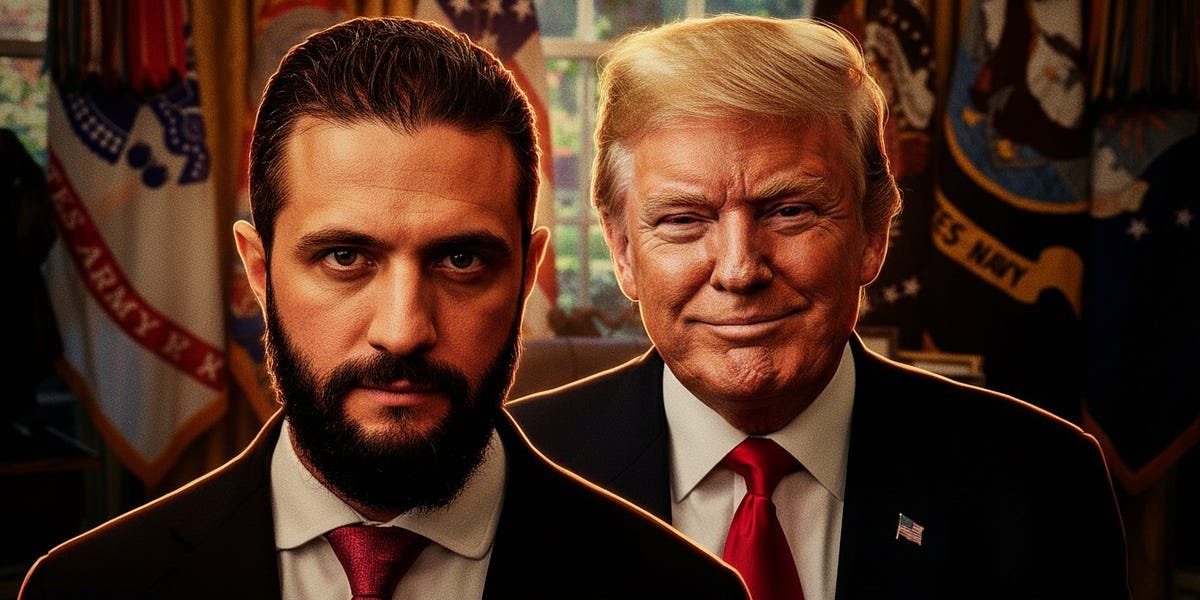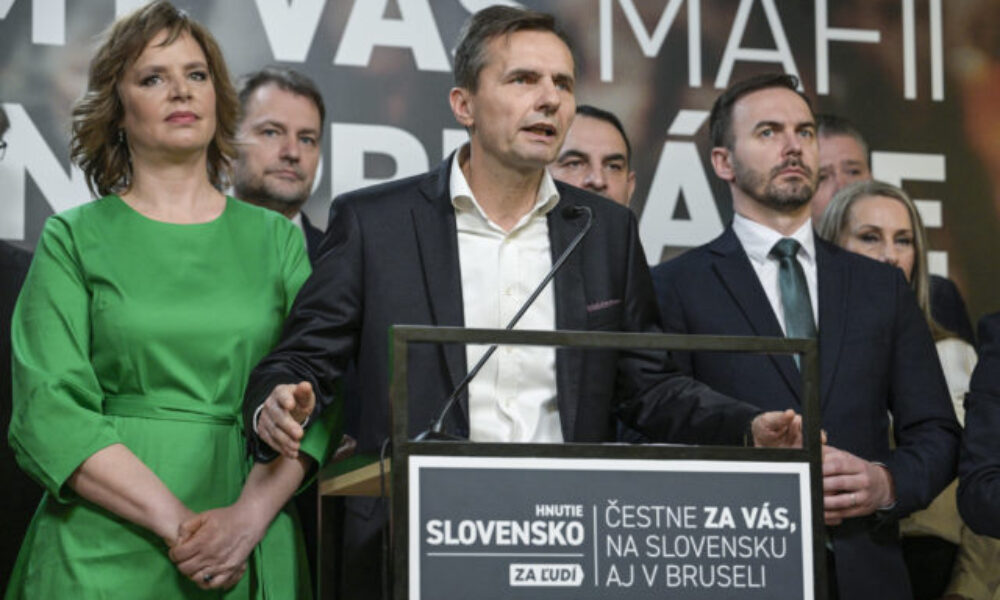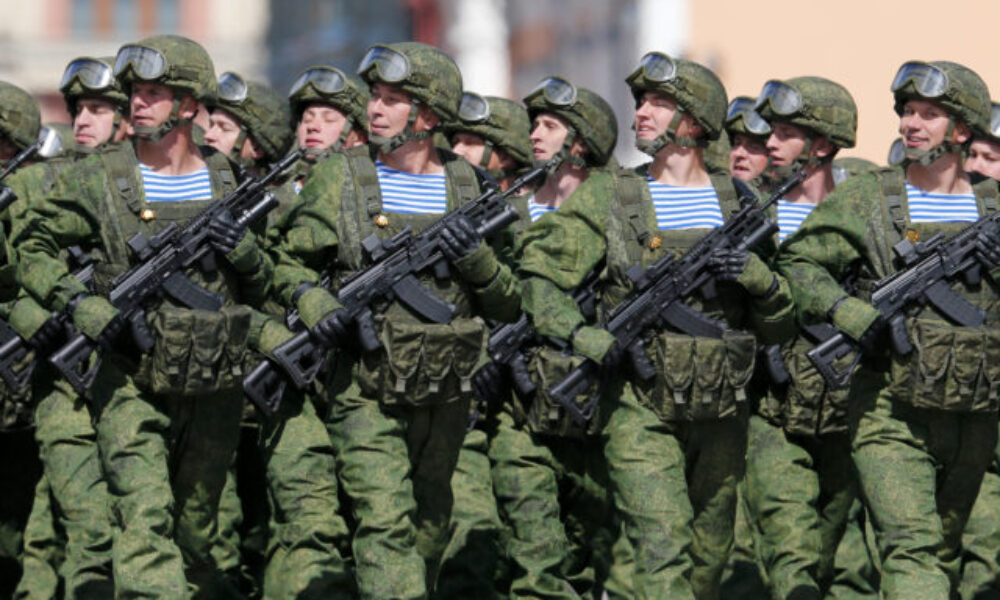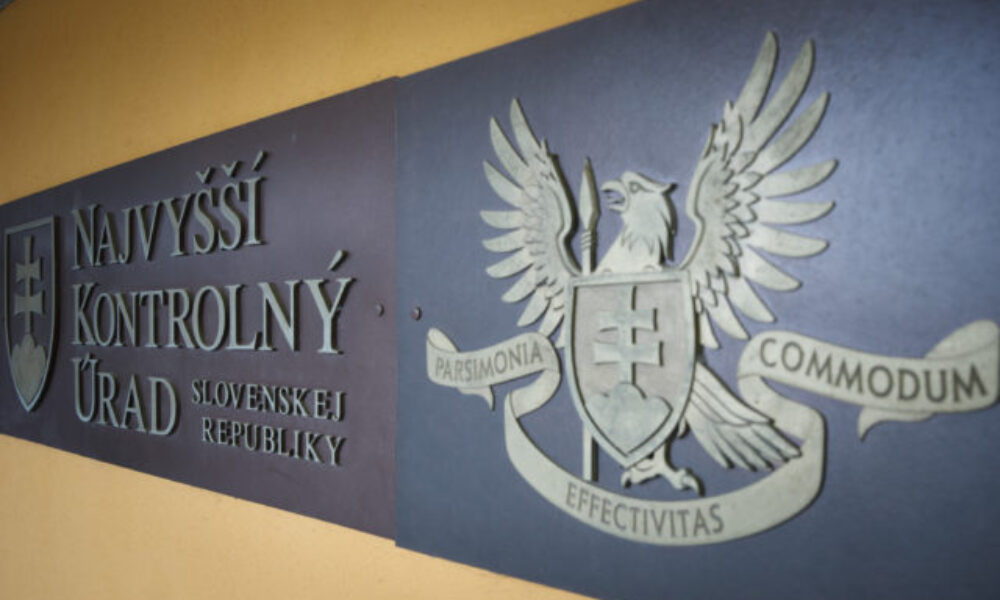
The “honeymoon period” in US-Syria relations continues. Transitional President Ahmed al-Shara’a’s recent visit to Washington brought Damascus significant dividends.
Among other things, the US Treasury Department suspended sanctions under the 2019 Caesar Act. The document, drafted by Trump’s first administration, struck at nearly every sector of the Syrian economy and targeted anyone who assisted the ruling House of Assad. In 2025 – almost a year after the change of power in Syria – its provisions expired (except certain transactions linked to Russia and Iran). However, this clause didn’t raise any major objections from Damascus – after the fall of the Assad regime, contacts with Moscow and Tehran ceased to be a priority.
Trump promises al-Shara’a even greater support if Syria remains “on the path to democratization” and implements timely domestic reforms and improves relations with its neighbors. Between the lines, one can also discern promises of joining the “closed club” of US Middle Eastern allies, something Syria hasn’t dreamed of since the 1960s.
However, Syrian officials understand that the White House is playing its game not out of noble motives, but out of cold calculation. Stabilizing Syria is advantageous to Trump, as it would allow him to reduce his military presence in the country to a minimum (something the Republican promised during his first term, but never fully implemented), and also to declare victory over terrorism in the Middle East.
Furthermore, Trump is eager to incorporate Syria into the Abraham Accords and thereby normalize ties between Damascus and Tel Aviv, once again playing the role of “peacemaker president”. And at the same time, he wants to finally close the “transit corridor” of the pro-Iranian “Axis of Resistance”, which, among other things, supplies Hezbollah in Lebanon.
Finally, it’s important for Washington to prevent Syria from becoming increasingly close to the Russian-Chinese tandem (although China hasn’t yet pushed for this due to disagreements with Damascus over the “Uyghur issue”) to ensure continued and favorable access to local resources and to curb Moscow’s expansion of influence in the Middle East.
To achieve these goals, the United States is prepared to make public compromises, including ignoring the controversial past of some Syrian interim leaders and their involvement in the events of 9/11.
The “New Damascus” would likely be happy to pursue a multi-vector approach and balance between superpowers, as other Arab players (for example, Iraq) do. However, it will be more difficult for it to deviate from the US strategic vision: Syria has too many unresolved internal problems, which the White House could view as a “renunciation of democratization,” and reinstate some of the previously lifted restrictions. This effectively makes Damascus dependent on Washington and forces it to heed recommendations from across the ocean. This is evident, among other things, in the rhetoric of al-Shara’a’s cabinet, which is trying not to distance itself from Moscow, yet is increasingly critical of Russia.
Furthermore, US friendliness has a clear line: old partners always prevail over new ones. So, in the dispute between Damascus and Tel Aviv over the Golan Heights, the US will choose the Israelis without much hesitation. This traps the Syrian leadership: unable to relieve the internal pressure generated by Israel’s creeping expansion into Syrian territory, nor to maintain a balance in foreign policy.
However, it cannot be ruled out that the “pro-Western” vector of Syrian contacts will be temporary. And as soon as the country feels more or less secure, the balancing act between the US, China, and Russia, characteristic of Arab players, will once again become the foundation of Damascus’s foreign policy.
In the meantime, the timeservers need to maintain Trump’s loyalty – without offending other counterparties too much.
About the Author: Dr. Leonid Tsukanov is a political scientist with the Russian International Affairs Council and a journalist focused on global security and Middle Eastern affairs. He received the G.M. Evstafiev Award for young security specialists in 2022 and won the 2023 RIAC journalism competition for best analytical article. He has written several books and more than 100 articles on security issues in the MENA region.










